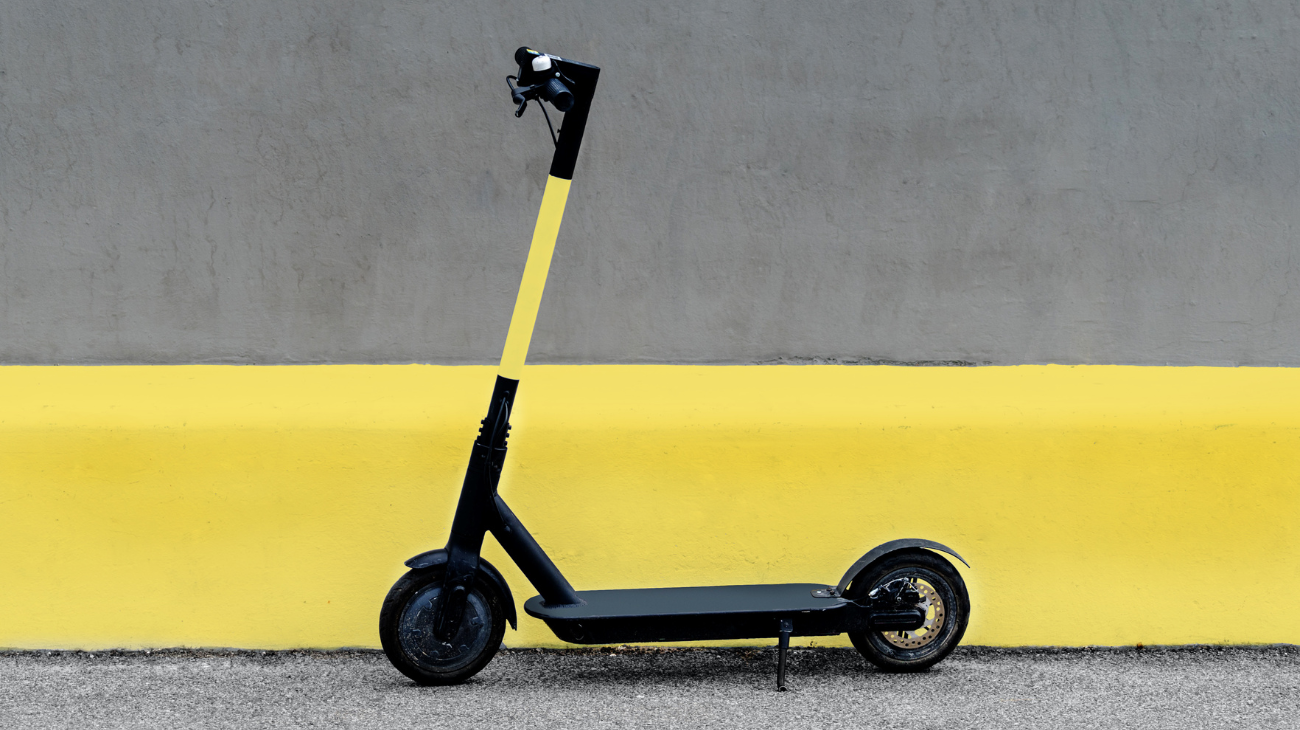The scooter is on its ‘way’ to becoming the new never-ending story, between cities abolishing it and cities regulating it, but who is right?
Man and the electric scooter
As is often the case, it is not a question of being right or wrong, but of understanding the benefits and contraindications of using electric scooters.
In fact, if in Paris the removal of electric scooters was sanctioned by a citizen referendum creating ‘inconvenience’ to as many as 15 thousand means of locomotion, in Italy they are gradually spreading, as demonstrated, unfortunately, by the increase in the number of accidents compared to the previous year (+77,8% for a total of 16 deaths).
According to the focus on sustainable mobility by the Findomestic Observatory, 61% of respondents own at least one bicycle and 7% an electric scooter, but only one in four uses them three to four times a week. It is also interesting to note that almost 8 out of 10 of those who use a scooter prefer to rent one, foregoing the purchase. This contrasts with the figure for mobility by bicycle: in fact, only 28 per cent of those who cycle have tried an e-bike.
When in Rome, do as the Romans do
Some states, including Italy, France and Germany, are legislating the use of scooters between licence plate, helmet and insurance, while others have not yet instituted a speed limit, such as Hungary.
Back in Italy, anyone caught driving without the necessary documents will receive a fine of up to 400 euros. Even the absence or malfunction of turn signals and brake lights carries a fine of between 200 and 800 euros.
In addition, the operators of sharing services will have to install a blocking system that will prevent scooters from leaving permitted areas, such as city centres and cycle paths (off-limits in the Netherlands), while another new feature is a complete ban on driving on the wrong side of the road.
Is the electric scooter sustainable?
Studies aside, it is certain that the scooter is a worthy ally of the environment and air quality, replacing heavier vehicles such as cars and taxis. Recharging the electric scooter requires little energy and, for that reason, it could be called ‘greener’ than many other means of transport. As long as it is not left unattended in the most unlikely and unthinkable places.
As stated by Jerome Gaillardet of the Institut de physique du globe in Paris, ‘there is a lack of studies on how these batteries corrode when abandoned in the environment, since metals such as nickel, lead and mercury, even if used in small quantities, are the most dangerous to the environment’.
Then a huge alarm bell goes off when the mono-skate becomes a ‘duo-skate’.
And we consider that the scooter driver is injured almost all the time (92%).
In any case, the environmental usefulness and ease of combination with other public transport for solving the so-called ‘last mile problem’ should be emphasised, and, nevertheless, the cost-effectiveness compared to other means of transport, such as the electric bicycle.
Play for the planet!
